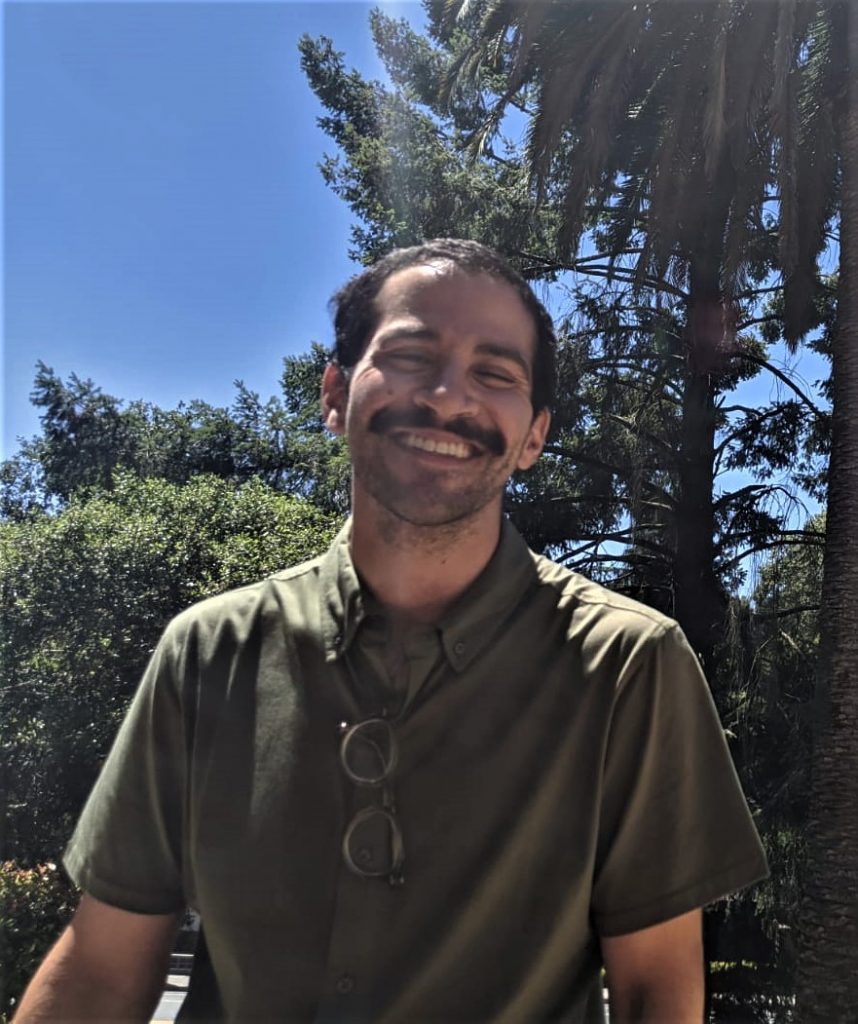 By Amre Metwally ’22
By Amre Metwally ’22
As a Chayes International Public Service Fellow, I spent this summer working remotely with the Organisation for Economic Co-operation and Development (OECD) in their Artificial Intelligence Policy Observatory. My projects have focused on two key areas: assessing policy governance and design strategies by OECD member states’ national governments regarding their national artificial intelligence (AI) strategies, and legal and regulatory efforts in the AI space.
OECD member states have been developing a number of strategies at the national level to address AI. My research has shown that countries’ efforts can be mapped along a spectrum of activity, from more nascent frameworks and strategies to mature ones (including the rising trend of policy observatories that engage in policy intelligence to ensure that countries remain informed of new trends). I’ve examined the role outside legal and policy experts play in the consultation process, and the ways in which these consultations shape the strategy formulation process. Additionally, I’ve called out in my recommendations the need for countries to solicit feedback from their citizens to ensure that strategies reflect opinions individuals may have about the benefits and risks of emerging AI technologies.
Another report I worked on involved examining efforts to regulate AI. We looked at the ways sector-specific regulations (e.g., autonomous vehicles, finance, surveillance, etc.) and horizontal regulations (e.g., public procurement processes, impact assessments, AI in the public sector decision-making process, etc.) are enshrined in local law. I also conducted an in-depth legal examination of sector-specific regulatory efforts across fields such as tort liability, consumer protection, healthcare, transportation, and data privacy. One key area of interest in my research and writing is on the rise of regulatory “sandboxes,” which give private companies the chance to experiment with new technology while cooperating with regulatory bodies that temporarily lift certain measures or requirements.
Exploring these issues involved a dedicated research period using both legal and social science research databases, as well as the OECD’s own AI observatory, which collects and monitors efforts across countries. After the qualitative research phase, I then moved into outlining and finally writing the reports. The purpose of each of these reports is to present our findings of best practices and recommendations to the OECD’s Network of Experts on AI and, ultimately, to policymakers all over the world.
